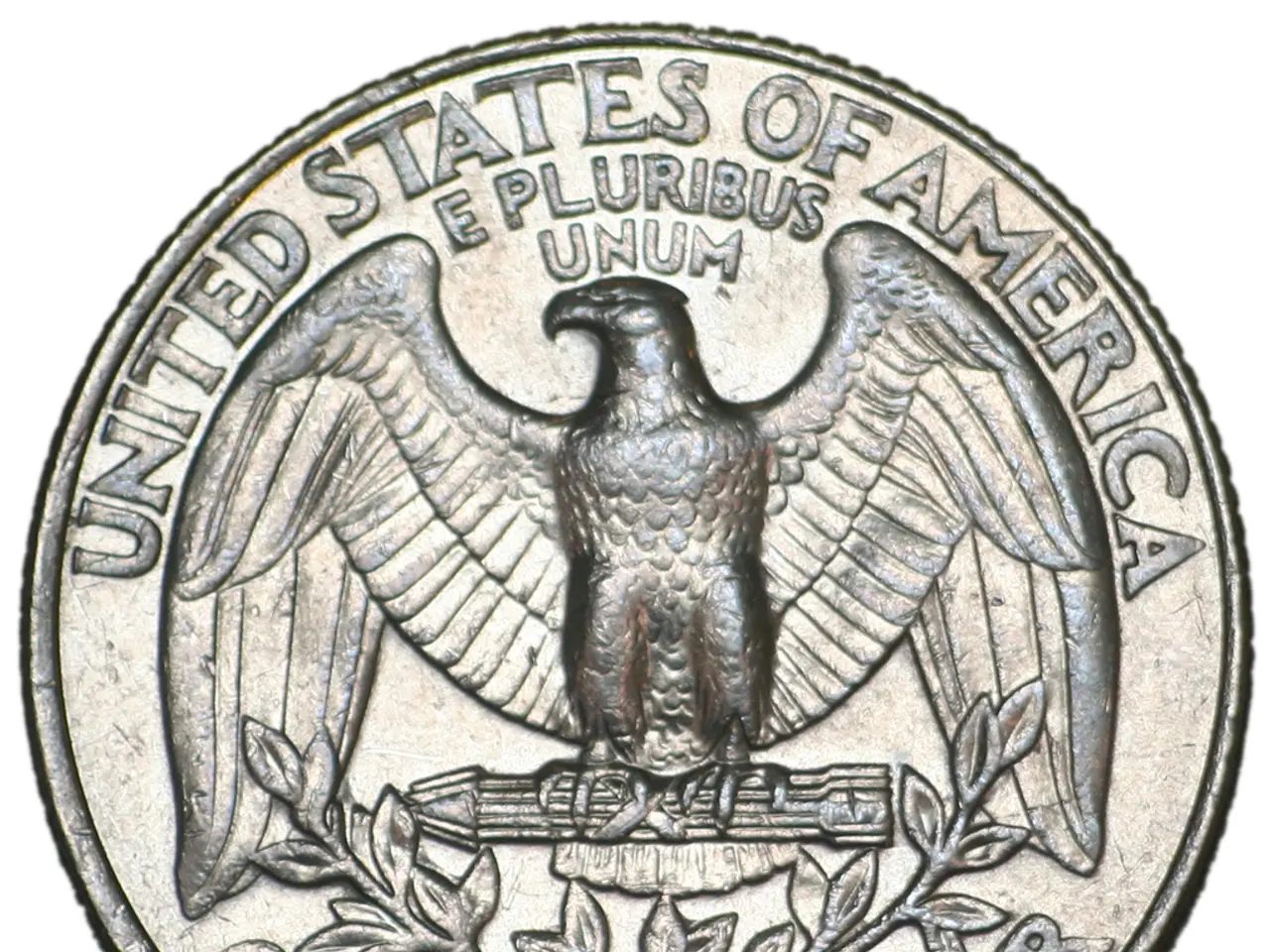Trump's tariff policy resolution is starkly apparent
The global economy has been hit by a wave of disruptions following the increased US import tariffs announced in August 2020 under former President Trump’s administration. These tariffs, which affected nearly all dutiable imports from many countries, have escalated trade wars not only with China but also with other major US trading partners such as Canada, Mexico, and Japan.
Impact on the Global Economy and the EU
The tariffs have caused economic strain, particularly in the US where increased costs for manufacturers and consumers disrupted global supply chains. For instance, after tariffs on Japanese cars and parts, the Japanese stock market dropped sharply. Many countries viewed the new tariffs as excessive and often “unilateral,” with the US using “reciprocal” tariff formulas that greatly overstated actual tariffs imposed on American goods abroad, such as the EU’s roughly 3% tariffs versus the 20% US tariffs imposed on the EU.
EU Strategic Response
In response, the EU rejected the legitimacy of the US’s tariff increases and engaged in diplomatic efforts to resolve tariff disputes. The European Union filed complaints with the World Trade Organization (WTO) against the US tariffs, invoking international trade rules to counteract what it saw as unfair protectionism. The EU also pursued strengthening internal market resilience, diversifying supply chains, and bolstering trade relationships with other partners to reduce dependency on the US market.
Negotiations aimed at tariff reductions and mitigation of trade tensions continued, although the US implemented alternative trade agreements in some cases, such as with Japan, imposing lower tariffs in exchange for increased US market access.
Broader Global Strategic Responses
Other nations affected by the US tariffs engaged in bilateral and multilateral talks to negotiate tariff exemptions or reductions. Countries like China retaliated with their own tariffs on US products, though some temporary exclusions and exemptions were granted to ease tensions. Economic disruptions led countries to evaluate their trade policies, strengthening trade alliances like the Comprehensive and Progressive Agreement for Trans-Pacific Partnership (CPTPP) or the EU’s trade agreements to mitigate risks associated with US unilateral tariffs.
In summary, the increased US import tariffs initiated in August 2020 triggered widespread global economic strain, eliciting significant opposition and strategic countermeasures from the EU and other trading partners. The EU’s response combined legal challenges at the WTO, diplomatic negotiations, and efforts to diversify trade relations to protect its economic interests and reduce vulnerability to US trade policy shifts.
- The economic strain caused by the US import tariffs has not been confined to the US alone, as it has also affected various sectors within the global industry, such as finance, politics, and general news, as they struggle to keep up with the disruptions in global supply chains and adapt to new trade policies.
- In response to the US tariffs, the EU has moved to fine-tune its strategic approach, not only constructing legal challenges at the World Trade Organization (WTO) but also focusing on strengthening internal market resilience and bolstering trade relationships with other partners to lessen dependency on the US market, with implications across industries like finance, politics, and general news.




